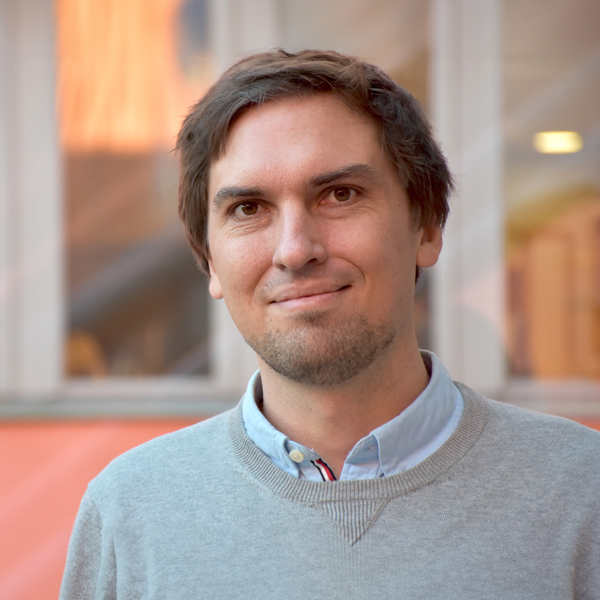How AI is Enabling new Breakthroughs in Fundamental Physics
Day 2 | 16:45 – 17:15 | Main Hall

Prof. Dr. Christian Glaser
Uppsala University
Abstract
The integration of AI into physics is sparking a data-analysis revolution, unlocking unprecedented insights and driving new discoveries. In this talk, I will explore how AI is revolutionizing data interpretation in fundamental physics through simulation-based inference. I will discuss the remarkable progress made by the Pierre Auger Cosmic Ray Observatory in Argentina, where a deep neural network has facilitated precise mass measurements of cosmic rays, giving new insights into the Universe’s most violent phenomena. Additionally, I will highlight the AI-enabled discovery of neutrino emission from our Galaxy by the IceCube Neutrino Observatory at the South Pole. Furthermore, I will show the potential of neural networks deployed on low-level and low-power hardware (e.g. FPGAs) for real-time sensor data analysis, significantly boosting neutrino detection sensitivity without additional costs. This presentation will demonstrate AI’s transformative role in advancing our understanding of the universe.
Prof. Dr. Christian Glaser
Christian Glaser is an astroparticle physicist with a passion for deep learning and the study of high-energy cosmic rays and neutrinos. Christian Glaser received his Ph.D. from RWTH Aachen University in 2017 with summa cum laude. Then, he spent three years at the University of California Irvine as a fellow of the German Research Foundation before accepting an Assistant Professorship at Uppsala University in Sweden, where he was promoted to Associate Professor in 2023.
His work centers on developing the radio technique to measure high-energy cosmic particles. He is currently involved in several projects, including piloting radio detection in Antarctica for neutrino detection with the ARIANNA experiment, building the Radio Neutrino Observatory in Greenland, and designing the next-generation detector IceCube-Gen2 at the South Pole. He recently received a prestigious grant from the European Research Council to optimize future radio detectors of neutrinos through deep learning and differential programming.